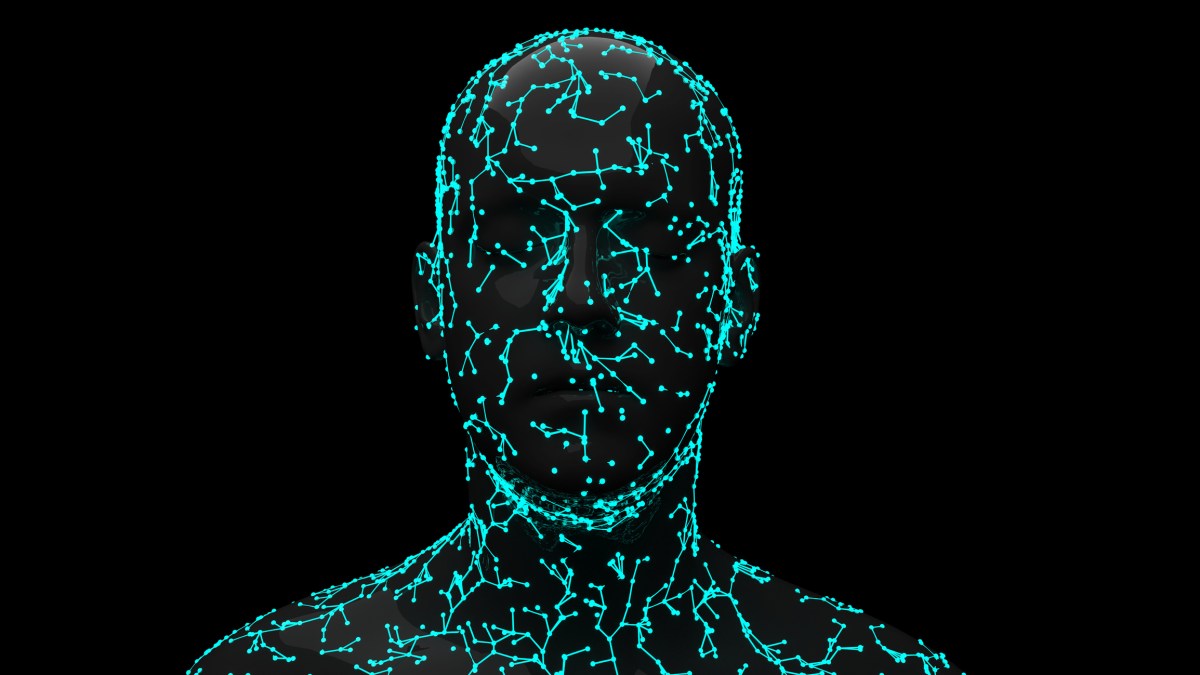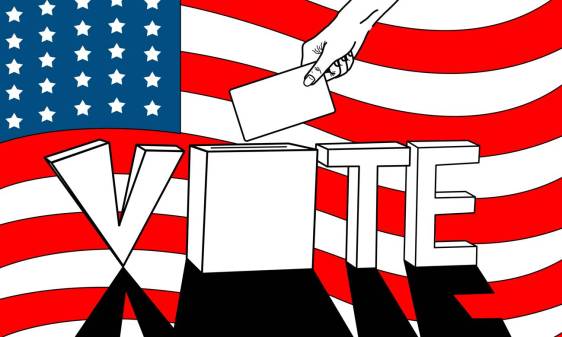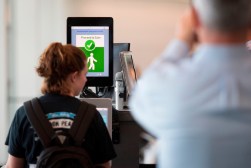Utah bill called solid ‘first step’ toward facial recognition policy

A bill that would require government agencies in Utah to be more transparent about their use of facial recognition software is making its way through the state Senate as a “first step” toward addressing privacy concerns about the technology, civil liberties groups said.
The bill, authored by Republican State Sen. Daniel Thatcher, would require agencies to file written requests to use facial recognition software, and inform driver’s license applicants that their photos could be analyzed by facial recognition software. Thatcher’s bill was approved unanimously by the Utah Senate’s Government Operations and Political Subdivisions Committee on Friday.
The Utah Department of Public Safety already uses driver’s license photos to populate data sets for facial recognition software, and results are often shared with federal agencies like the FBI and Department of Homeland Security in the absence of a codified state policy around the technology.
“I have no interest in carrying a controversial bill,” Thatcher told the Salt Lake Tribune. “I’m going to carry the consensus bill. I’m going to carry the bill that does what everybody agrees is good policy.”
Utah’s facial recognition use has received scrutiny from groups like the American Civil Liberties Union, especially over the past two years, after the Georgetown Law Center on Privacy and Technology revealed that federal agencies like Immigration and Customs Enforcement used facial recognition software to compare photos in Utah’s driver’s license database against suspects without notifying the public.
Brian Redd, chief of Utah’s State Bureau of Investigation, told lawmakers last September that the state did not allow federal agencies to access the database for immigration-related requests, only criminal investigations. Changes were made to the system to boost security and privacy, Redd said, including regular auditing of who accessed the state’s picture databases, along with when they were accessed, and limiting the number of potential matches sent to federal agencies.
Thatcher’s bill would make those changes permanent. But Marina Lowe, legislative and policy counsel at ACLU of Utah, said that’s not enough.
“If this bill goes forward, by no means is the work done when it comes to facial recognition and the government’s use of this extremely powerful tool,” Lowe told Utah legislators.
Lowe said she would like to see legislation that also protects Utahns from facial recognition software analyzing private databases, like social media photos, rather than stopping at driver’s license photos.






